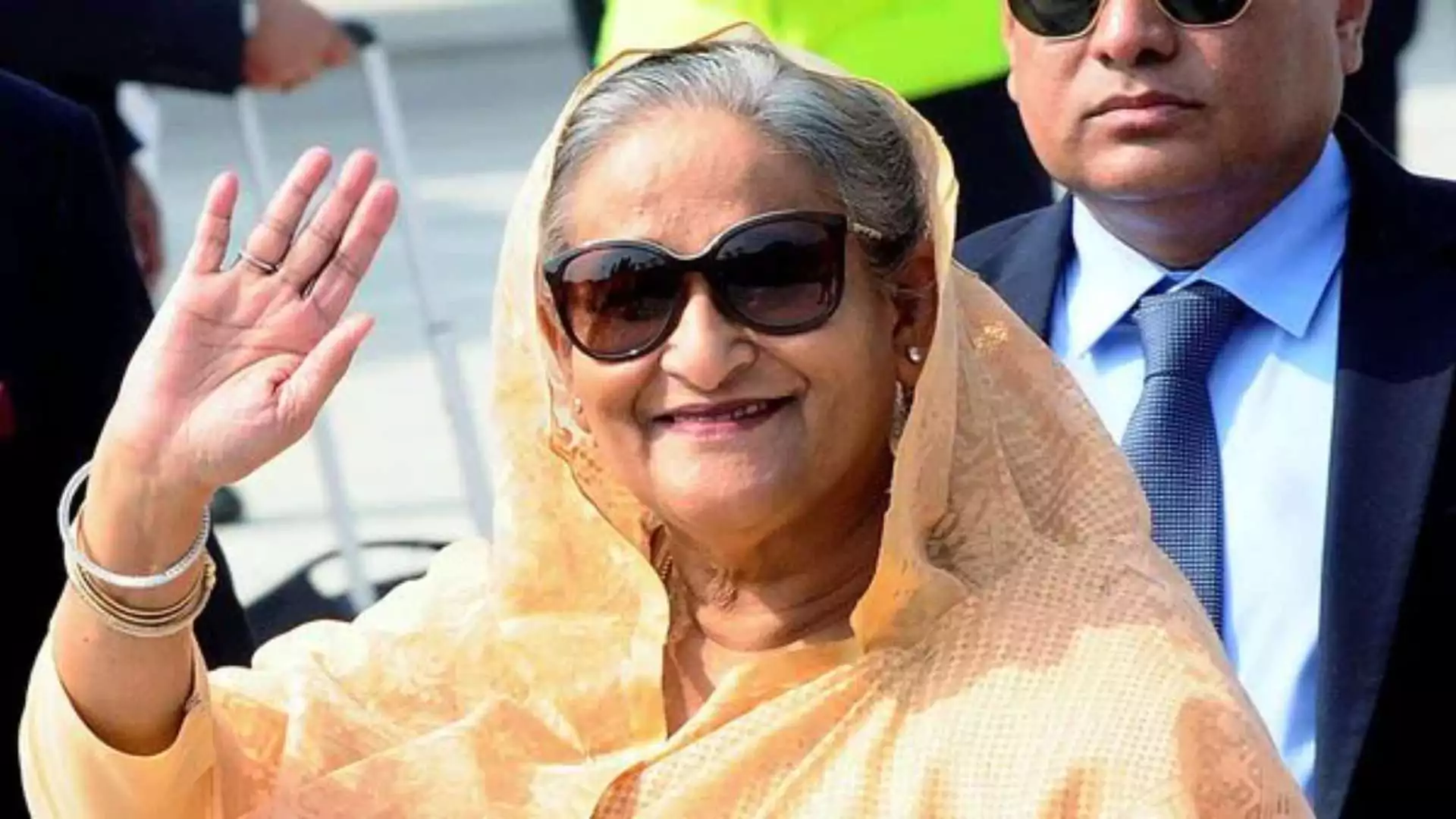The streets of Dhaka were packed with hundreds of thousands of demonstrators on Friday, in one of the largest rallies since former Prime Minister Sheikh Hasina was ousted. Hasina’s sudden departure from office has led to a caretaking government headed by Nobel Peace Prize laureate Muhammad Yunus, who has promised to deliver democratic reforms and organize new elections. The rally, organized by Hasina’s longtime adversaries in the Bangladesh Nationalist Party (BNP), marked a powerful show of support for the interim government and an urgent call to safeguard democratic rights.
BNP Leaders Warn Against Sabotage of Democratic Process
Addressing the crowd from London via video link, Tarique Rahman, the BNP’s exiled vice-chairman, urged caution. “We have gathered here to protect the voting rights of the people and to prevent the re-emergence of fascists,” Rahman said. “We must be cautious. Though the autocrats are gone, ill forces are still active. We cannot afford for the interim government to fail.”
Rahman’s message was echoed by BNP general secretary Mirza Fakhrul Islam Alamgir, who warned of efforts to destabilize the caretaker administration. “Sheikh Hasina has fled, but the conspiracy continues,” Alamgir told the crowd. “Her associates are plotting to undermine the movement. We must be very careful.”
The End of Hasina’s Era and the Rise of a Caretaker Government
Sheikh Hasina, aged 77, exited the political stage dramatically in August. Flying by helicopter to neighboring India amid escalating protests, her departure marked the end of a lengthy tenure that critics say was marked by authoritarian tactics. The uprising that led to her exit, led by student groups and widespread public dissatisfaction, brought a close to her iron grip over the nation. In her absence, the interim government led by Yunus has taken the reins, aiming to reset Bangladesh’s political landscape.
Since assuming office, Yunus has promised sweeping democratic reforms and a fresh election cycle. The Nobel laureate’s administration is viewed by many as a crucial opportunity for Bangladesh to break free from years of alleged human rights abuses under Hasina’s government. During her time in power, rights groups accused Hasina’s regime of extrajudicial killings and enforced disappearances, particularly targeting political opponents.
A Strained History: BNP Under Hasina’s Crackdowns
The Bangladesh Nationalist Party has long been in Hasina’s crosshairs. During her rule, BNP members endured repeated crackdowns that resulted in the arrests of thousands and numerous accusations of corruption leveled against BNP leaders. Rahman himself, son of former prime minister Khaleda Zia, has been living in exile in London since 2008 after being convicted in absentia on graft charges. The BNP has gained renewed prominence in the wake of Hasina’s departure, with several members of Yunus’s interim administration having previous affiliations with the party.
A Call to Prevent the ‘Re-Emergence of Fascists’
The rally’s primary message was one of vigilance. Rahman’s words reflected a deep-seated concern among BNP supporters that pro-Hasina forces could still derail the democratic reforms promised by Yunus’s administration. While the BNP has publicly voiced its support for the caretaker government, leaders and supporters remain cautious about those who may seek to preserve Hasina’s legacy in Bangladesh’s political institutions.
Reflecting on the tumultuous history of Bangladeshi politics, Alamgir emphasized that the country’s future depends on thwarting any effort to revert to an autocratic regime. “The autocrats are gone, but we need to remain united to protect our freedom,” he said.
What’s Next for Bangladesh?
As Bangladesh moves into this new chapter, Yunus’s interim government faces immense pressure to restore faith in the democratic process. Public rallies like Friday’s underscore the high expectations that citizens have for their political future. The presence of former BNP officials within the caretaker government has been seen as both a promising and complex factor, with hopes that these figures can help usher in a stable transition while fostering a new, transparent era of governance.
For now, all eyes remain on Yunus and his team as they work to lay the groundwork for a fair and free election. The interim government has yet to announce specific details on the election timeline, but the Friday rally showcased the people’s readiness for change and their insistence on genuine democratic freedoms.




